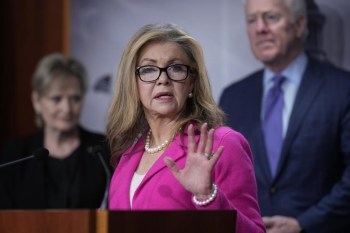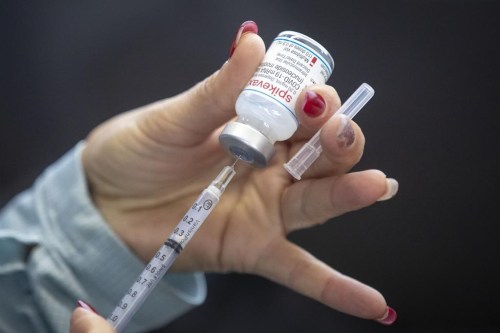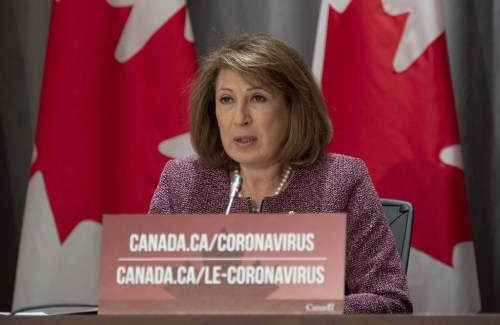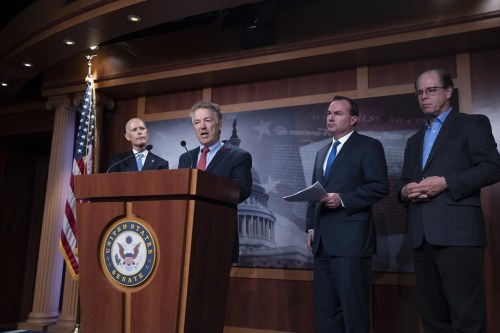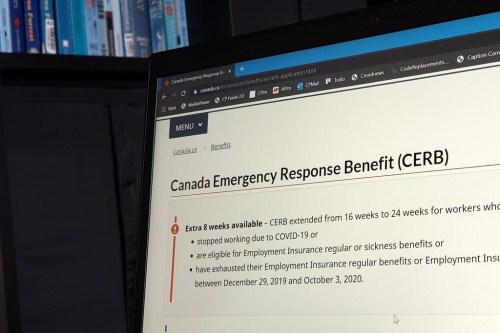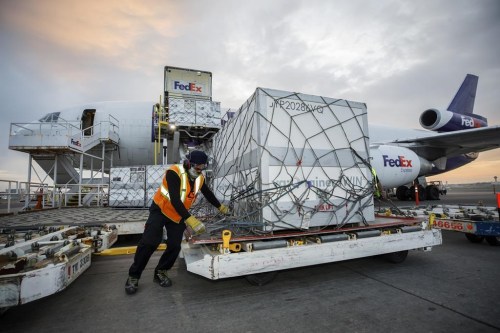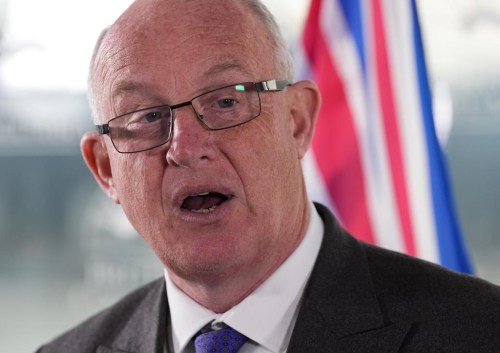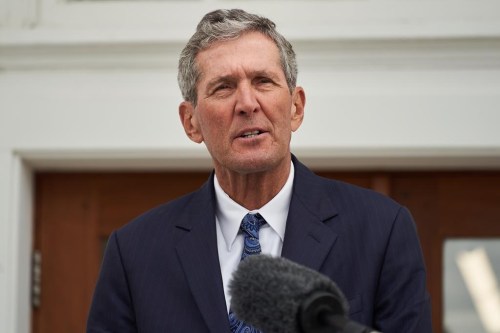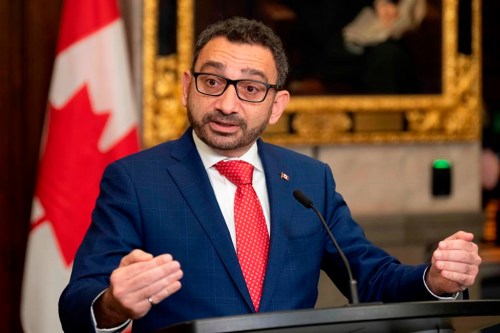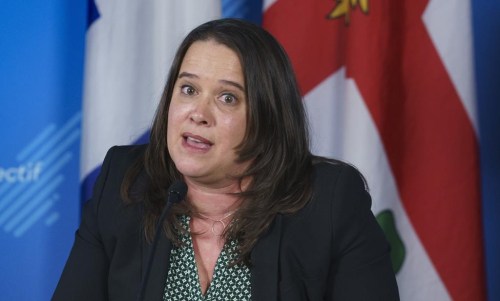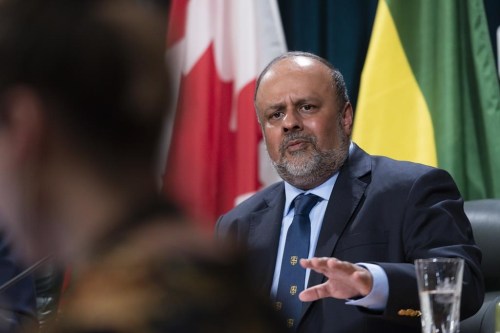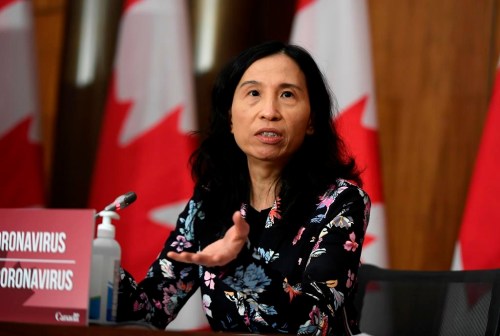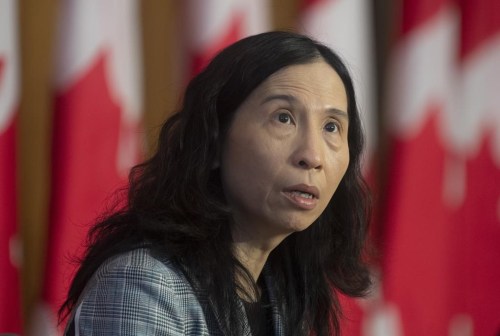Coronavirus
Senate passes defense bill rescinding COVID vaccine mandate
5 minute read Thursday, Dec. 15, 2022WASHINGTON (AP) — A bill to rescind the COVID-19 vaccine mandate for members of the U.S. military and provide nearly $858 billion for national defense passed the Senate on Thursday and now goes to President Joe Biden to be signed into law.
The bill provides for about $45 billion more for defense programs than Biden requested and roughly 10% more than last year’s bill as lawmakers look to account for inflation and boost the nation’s military competitiveness with China and Russia. It includes a 4.6% pay raise for servicemembers and the Defense Department's civilian workforce.
The Senate passed the defense policy bill by a vote of 83-11. The measure also received broad bipartisan support in the House last week.
To win GOP support for the 4,408-page bill, Democrats agreed to Republican demands to scrap the requirement for service members to get a COVID-19 vaccination. The bill directs Defense Secretary Lloyd Austin to rescind his August 2021 memorandum imposing the mandate.
Advertisement
Weather
Brandon MB
-5°C, Cloudy
Six-month COVID-19 vaccine delay would have cost $156B: study
3 minute read Preview Thursday, Dec. 15, 2022Canada’s chief science adviser releases recommendations to combat long-COVID
3 minute read Preview Wednesday, Dec. 14, 2022Churches in Manitoba Court of Appeal to challenge COVID-19 rules
4 minute read Preview Tuesday, Dec. 13, 2022Health Canada approves first bivalent booster for kids ages 5 to 11
4 minute read Preview Friday, Dec. 9, 2022House passes defense bill scrapping COVID vaccine mandate
5 minute read Preview Thursday, Dec. 8, 2022COVID-19 benefits helped economy rebound, but post-payment verification lacking: AG
4 minute read Preview Tuesday, Dec. 6, 2022Most unused COVID-19 vaccines will expire at the end of the year: auditor general
5 minute read Preview Tuesday, Dec. 6, 2022B.C.’s COVID response praised for ‘nimbleness,’ calls to bolster public trust
4 minute read Preview Friday, Dec. 2, 2022Court dismisses Saskatchewan restaurant’s case against COVID-19 health orders
3 minute read Preview Friday, Nov. 25, 2022Emails to Manitoba premier provide a snapshot of public feedback on pandemic rules
4 minute read Preview Monday, Nov. 21, 2022Transport minister encourages masks on planes, Ontario says illnesses slowing down
3 minute read Preview Thursday, Nov. 17, 2022Montreal COVID response had negative ‘collateral impacts’ on population, report finds
4 minute read Preview Tuesday, Nov. 15, 2022Saskatchewan’s top doctor not recommending mask as respiratory virus rates rise
3 minute read Preview Tuesday, Nov. 15, 2022New Democrats call for independent review of government’s COVID-19 response
4 minute read Preview Monday, Nov. 14, 2022Tam warns of flu upswing, new COVID-19 variants as viral triple threat continues
4 minute read Preview Thursday, Nov. 10, 2022LOAD MORE

